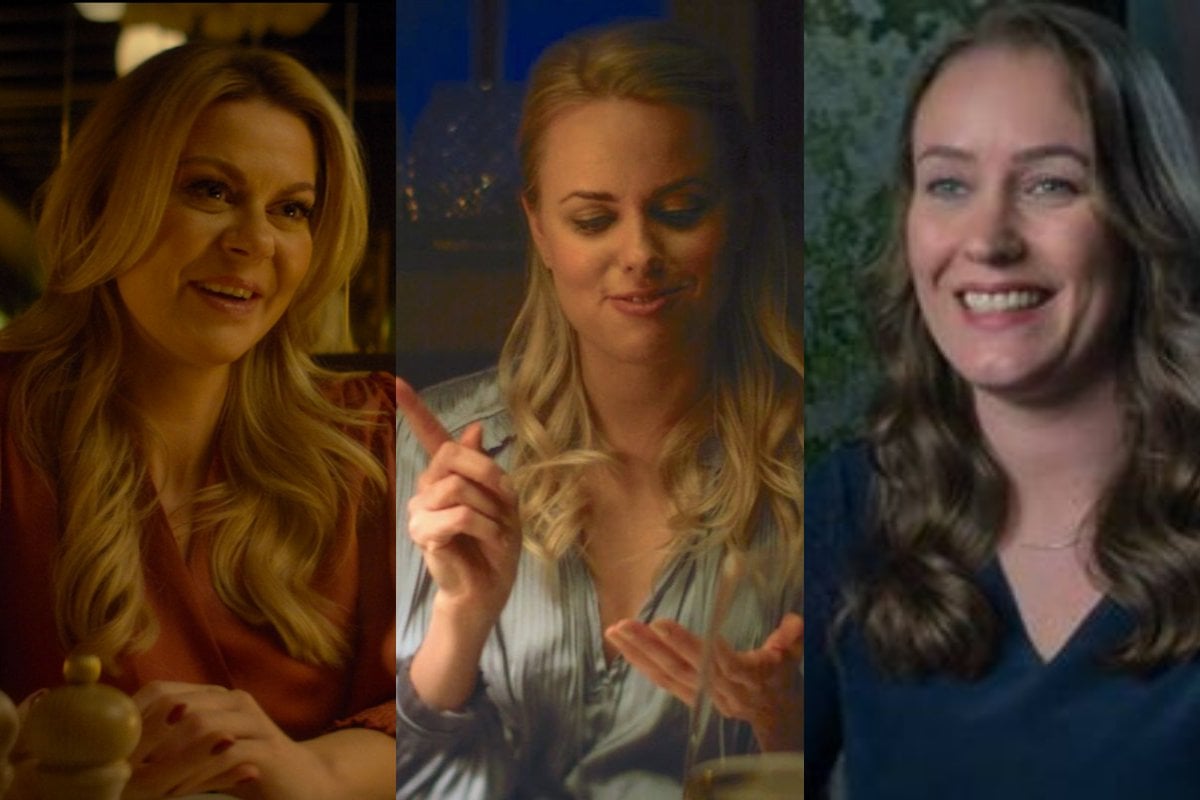
“I have absolutely no sympathies for the women swindled by the Tinder Swindler scammer idiot... these superficial women received the right treatment they deserve.”
"These girls are so stupid."
“Most of the women started off as Gold Diggers and then got got.”
“If your [sic] stupid enough to get swindled, you deserve it.”
The comments above are just a few from arm-chair critics about the victims portrayed on scam artist documentary The Tinder Swindler.
In case you haven’t had time to watch the Netflix show that has created headlines around the world, here’s the 411: Israeli con man Shimon Hayut goes by the alias Simon Leviev, and pretends he is the billionaire son of a diamond merchant. He meets his victims on dating app Tinder and earns their trust and love by sending them endless messages, buying them gifts, taking them on luxurious holidays, and asking them to move in with him. He’s their Prince Charming - or their Christian Grey, whatever floats your boat.
The documentary recounts the stories of three of Hayut’s victims, Cecilie Fjellhøy, Pernilla Sjoholm, and Ayleen Charlotte. Yet instead of being viewed as brave women who have come forward to tell their story - and thus warn others against Hayut and swindlers like him - a good percentage of the reaction from the general public has been, as evidenced by the comments above, pretty brutal.






























































































